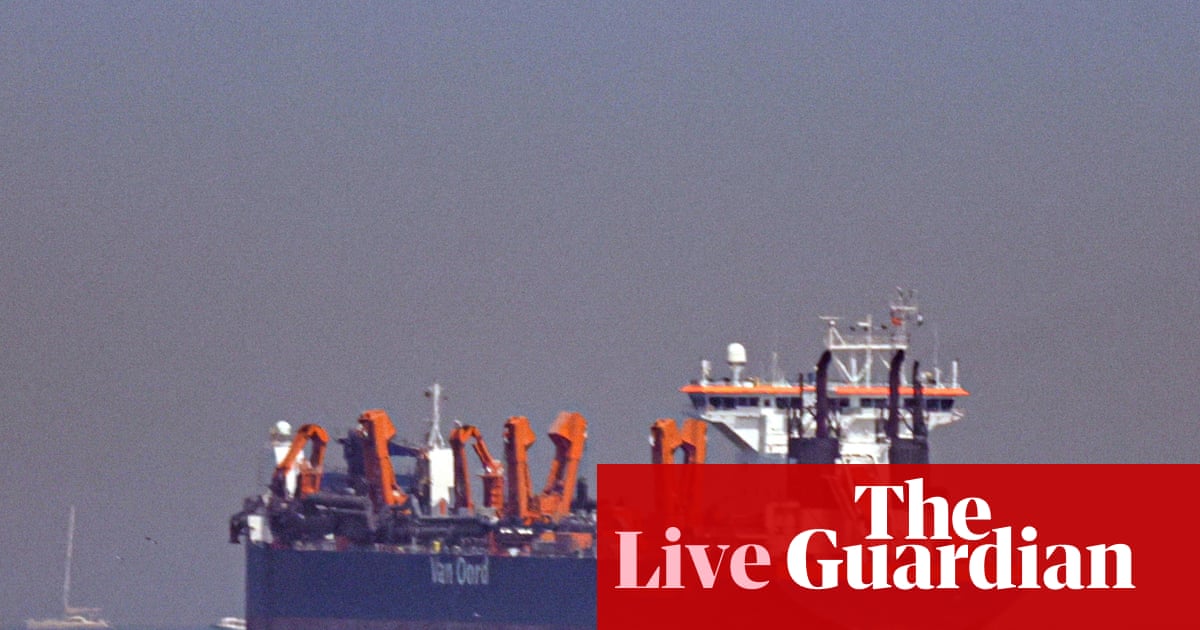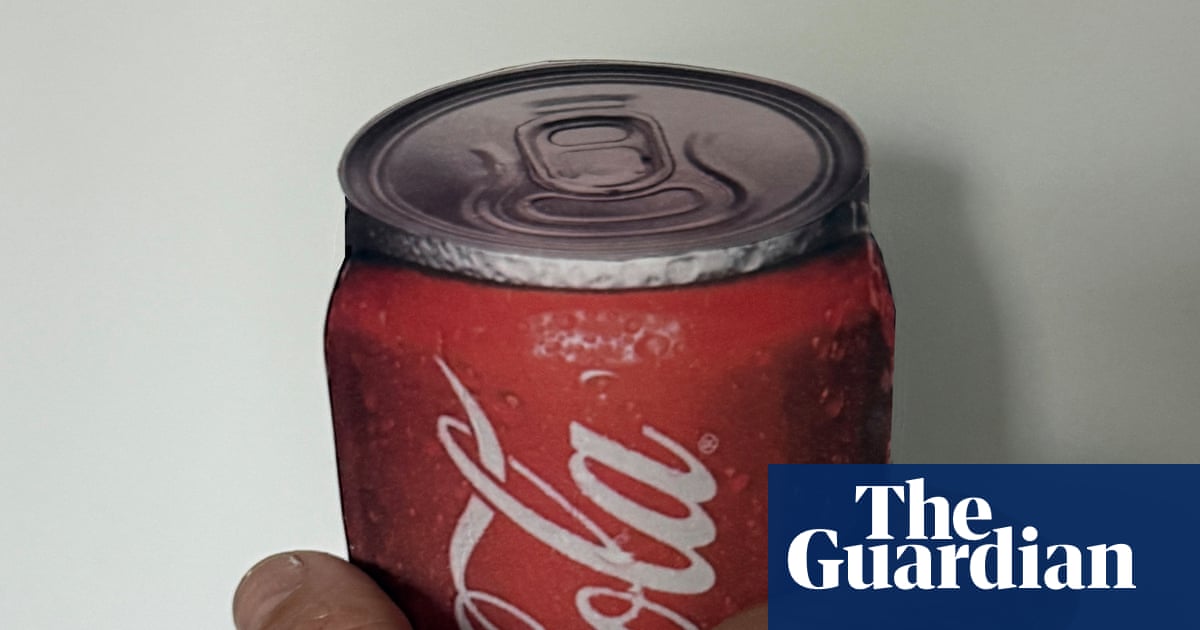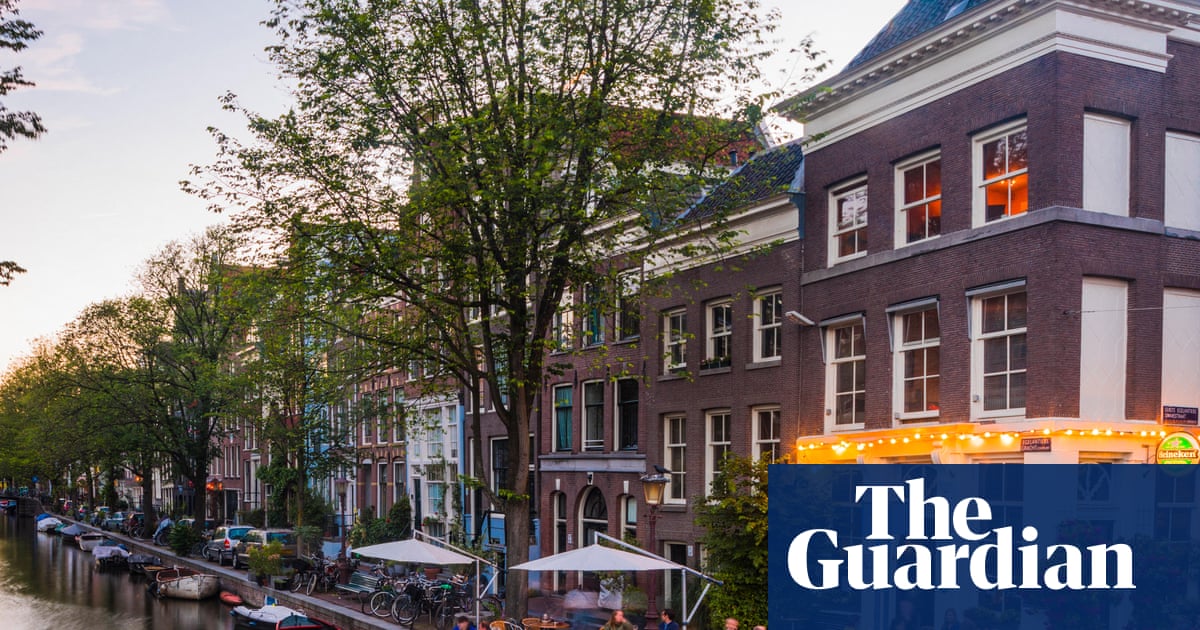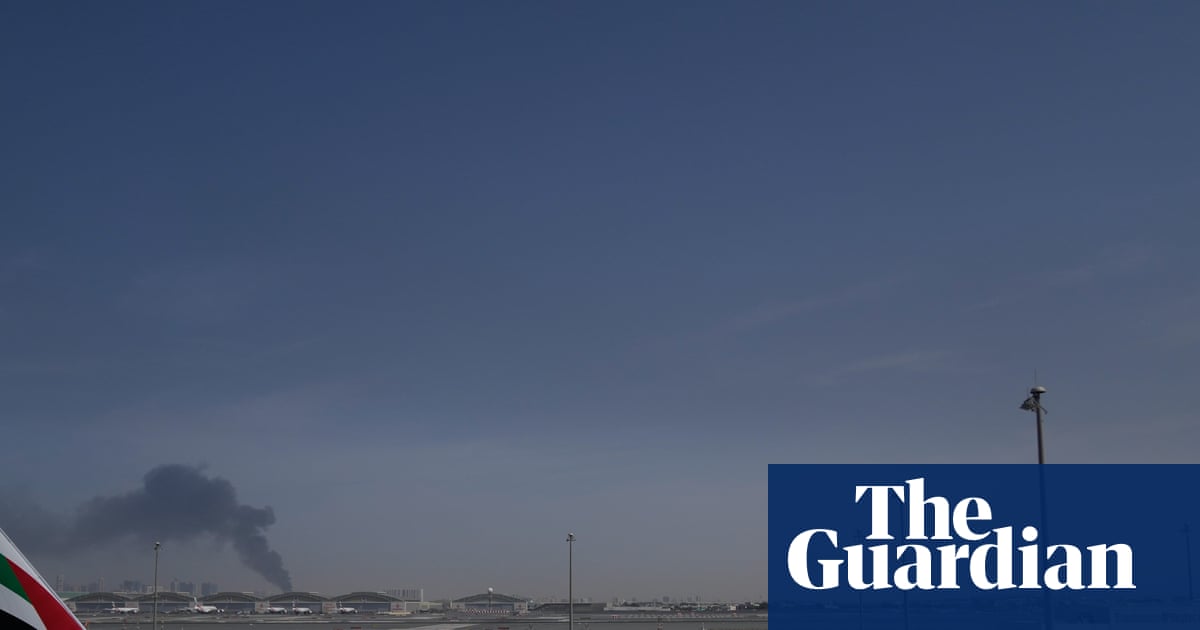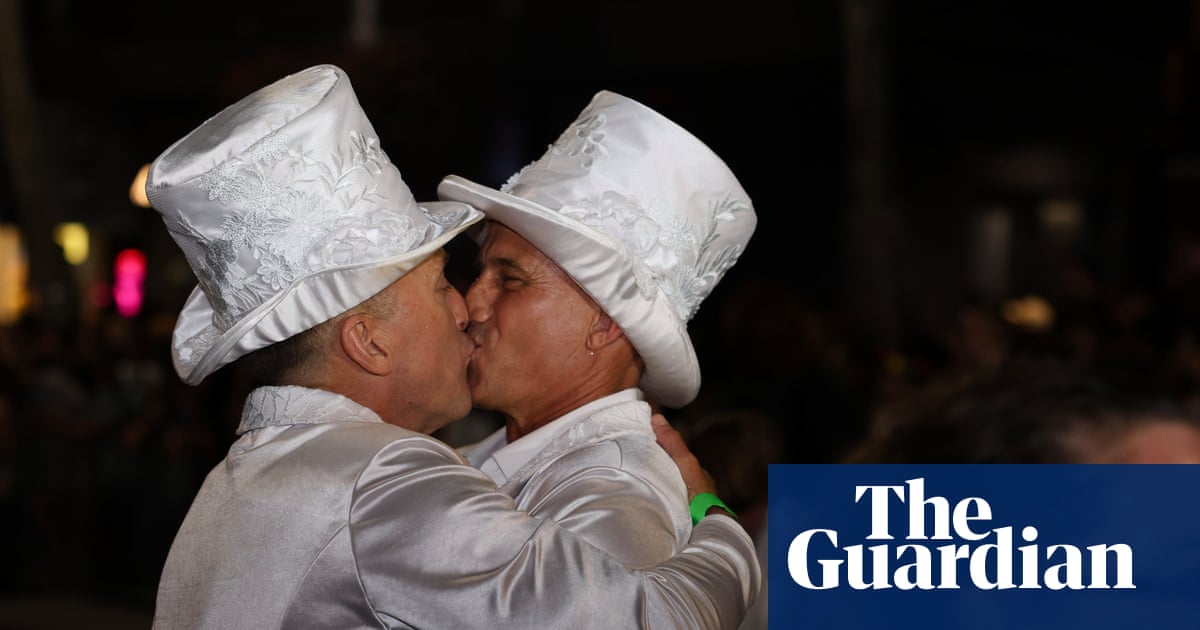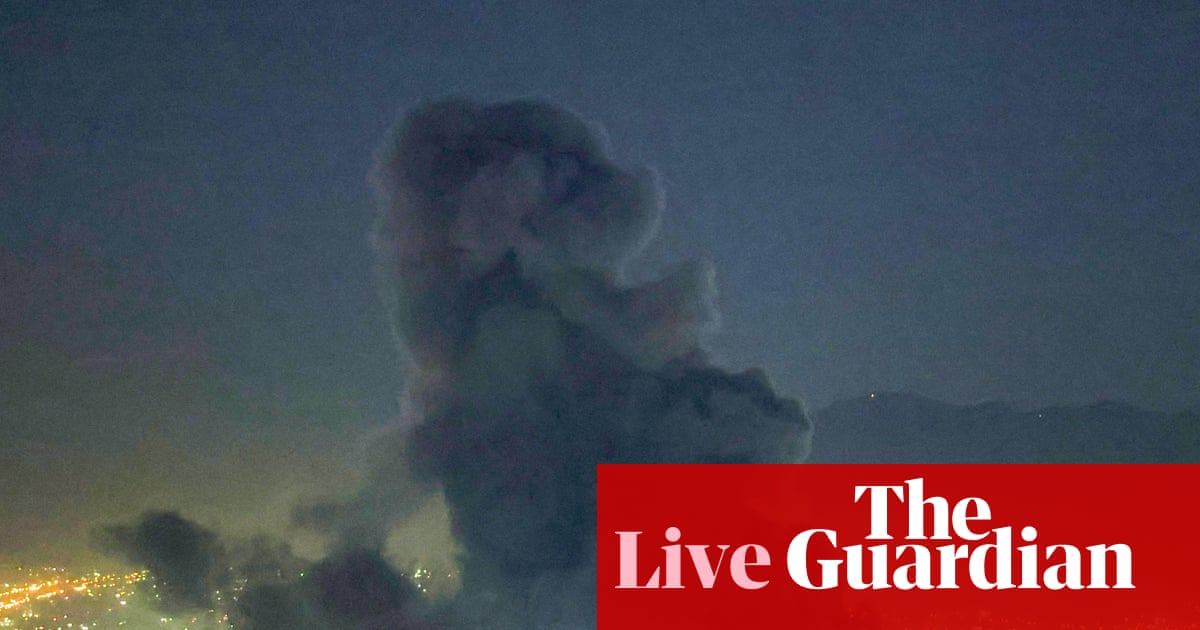Volodymyr Zelenskyy has announced a plan to “clean up” Ukraine’s energy sector after an $100m kickback scheme was alleged by anti-corruption investigators in the worst scandal of his presidency.
Over the weekend, the country’s president announced an overhaul of Ukraine’s key state energy companies, including a complete change of the management at Energoatom, the state nuclear power operator at the centre of the alleged criminal scheme.
Government officials, he said, were instructed “to maintain constant and meaningful communication with law enforcement and anti-corruption bodies. Any scheme uncovered in these companies must receive a swift and just response”.
In further announcements on Sunday, Zelenskyy said he had instructed the government to submit an “urgent law” to Ukraine’s parliament to bring changes to the composition of a key energy regulator, the National Energy and Utilities Regulatory Commission. He also promised to appoint new leaders at the top of other energy bodies.
Ukraine’s anti-corruption bureau announced last Monday that it was investigating a criminal gang behind a scheme whereby Energoatom’s counterparties were forced to pay kickbacks of 10-15% in order to avoid having payments blocked or losing their supplier status. Ukrainian media subsequently reported that one of the senior figures involved was Timur Mindich, a businessman and co-owner of a media production company founded by Zelenskyy before he became president.
The reform promises came shortly before Zelenskyy arrived in Athens on Sunday to mark the signing of a deal that will enable Ukraine to import US-supplied liquefied natural gas through the winter. Ukraine’s government is urgently seeking alternatives to compensate for losses caused by relentless Russian attacks on energy infrastructure.
The agreement between Greece’s national gas company, DEPA Commercial, and its Ukrainian counterpart, Naftogaz, will supply Ukraine with US liquefied natural gas via Greece between December 2025 and March 2026.
‘This winter under Russian drones, missiles, and daily strikes is a major challenge for Ukraine and for the Ukrainian people,” Zelenskyy posted on X during his visit, where he met the Greek president, Constantine Tassoulas, the prime minister, Kyriakos Mitsotakis, and the new US ambassador to Greece, Kimberly Guilfoyle. The Ukrainian president expressed his gratitude to the US president, Donald Trump, for the US energy supplied via Greece.
Zelenskyy, who is also due to travel to France and Spain this week to sign military aid agreements, is under pressure to prove to European allies that he is serious about tackling corruption, a key condition for Ukraine to become an EU member state.
The Finnish president, Alexander Stubb, told the Associated Press news agency that Zelenskyy had to deal quickly with the corruption allegations, but also praised his wartime leadership and urged European leaders to increase financial and military support for Ukraine.
The scandal comes at a difficult moment, as Kyiv faces a looming budget shortfall, while the EU is deadlocked over a €140bn loan for Ukraine based on Russia’s frozen assets. The Hungarian leader, Viktor Orbán, who is blocking progress in Ukraine’s EU accession talks, has seized on the anti-corruption investigation, claiming it showed “a wartime mafia network” with “countless ties” to Zelenskyy.
The corruption allegations have caused outrage across Ukraine and have turned into the worst scandal of Zelenskyy’s presidency. The National Anti-Corruption Bureau – Nabu – has released damning audio recordings featuring members of Zelenskyy’s inner circle.
They include the president’s friend and former business partner Mindich, who fled his Kyiv apartment last Monday hours before investigators came to arrest him. Mindich – who co-founded Zelenskyy’s media production company, Kvartal 95 – escaped to Poland in a taxi. He is believed to be hiding in Israel.
Zelenskyy’s reforms announced on Sunday follow his sacking last week of Ukraine’s justice and energy ministers. Both are implicated in the affair, in which a group of government officials took kickbacks from contracts with Energoatom. The ministers deny wrongdoing.
Most commentators believe the illicit scheme was not a one-off, and suggest the scandal may spread to other ministries. Ukrainian media have reported that Mindich was allegedly involved in a bid to supply body armour to the defence ministry, via an Israeli firm and shell companies.
The then defence minister Rustem Umerov – now secretary to the National Security and Defence Council – confirmed he met Mindich. But he denied any improper influence, said a contract was terminated and stressed no items were ever delivered.
“It’s a huge blow, but the worst part of it is that I’m not sure that we are at the end of it. It might still be unfolding,” one pro-government deputy told the Kyiv Independent newspaper over the weekend.
Nabu officials acknowledge Ukraine has a corruption problem, nearly four years after Vladimir Putin’s full-scale invasion. But they point out the scandal has come to light – something that would be unlikely in neighbouring Russia or in Hungary, an EU member.
“The story isn’t about corruption. It’s about Ukraine’s struggle and fight against corruption,” Oleksandr Abakumov, the head of Nabu’s investigating team, said.

.png) 3 months ago
94
3 months ago
94
